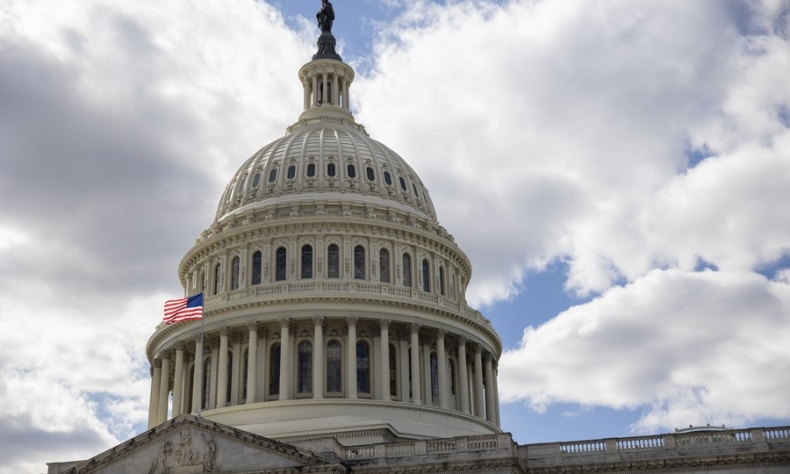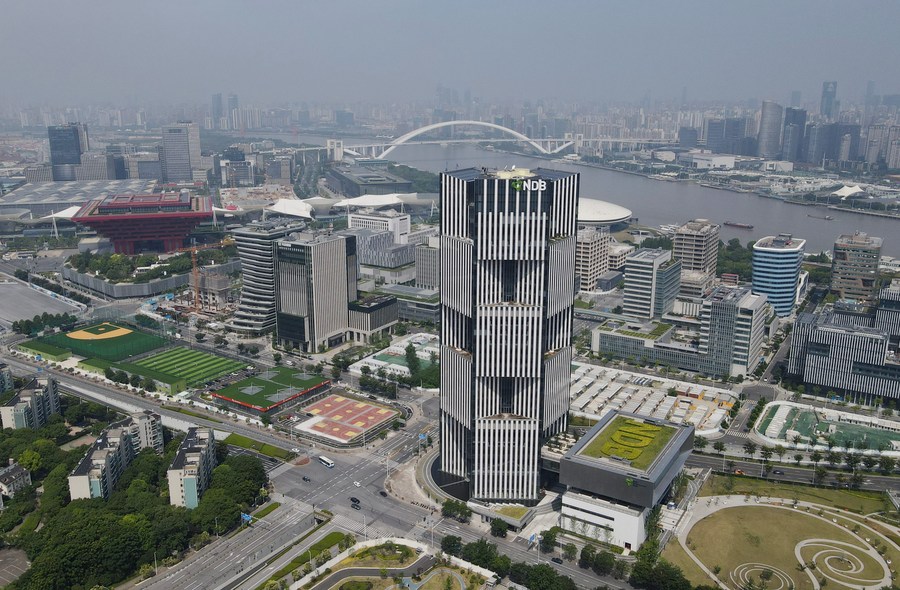A Neoliberal Order No More?

The West seems to be regressing to the mercantilist bloc system of the colonial era. This time, however, there is only one bloc, where the former colonial masters have assembled as vassals of a single hegemon, with the rest of the world looking on from the outside.
Neoliberal globalism sold the ideal of the global economy as a level playing field in which the winners and losers are determined purely by competitive advantage. The international market was offered up as the ultimate venue for a peaceful convergence toward a “global village.” But in a breathtakingly abrupt reversal, the West killed off globalism. But why? And has it abandoned neoliberalism altogether?
Before the Russia-Ukraine conflict, former U.S. President Donald Trump’s tariffs on Chinese exports were considered an aberrant turn to mercantilism. Joe Biden and the Democrats were supposed to restore the American commitment to multilateralism. Instead, they kept all of Trump’s tariffs and sanctions and piled on more of their own. This year, they have taken a wrecking ball to neoliberal globalism. They’ve seized foreign reserves, cut off payment systems and imposed a borderline sanctions-based regime on the world.
The short answer to why this is happening is what one might call “China panic.” There is no polite way of addressing this topic. The U.S. identifies China and Russia as the two poles of a reenergized Eurasia that in a geopolitical prognostication, dating from the British Empire, will dethrone the Anglo-Saxon supremacy over the planet. This must not happen. Of the two, China is seen as by far the bigger “threat”—even if Russia is the most immediate target. The Biden administration is trying to cut China off from global semiconductor supply chains. Its Western vassals have also made regular policy statements identifying China as the “ultimate adversary.” As one German official put it, “Russia is the storm, China is climate change.”
That the neoliberal global system went out the window as soon as the U.S. felt threatened by rising powers shows what it has always been about: the empire. The level playing field of neoliberalism was acceptable only if it tilted toward Washington. The market was free only so long as the U.S. had absolute control over its key nodes, resources and points of extraction. Hypocrisy on this level can only be sustained because it is a fig leaf for supremacy; a hegemony that has inherited two centuries of Anglo-Saxon capitalist empire.

Globalization based on neoliberal principles was fine as long as it repackaged the colonial division of labor. When the Chinese economy is perceived to have grown too big, diversified and important to be contained under that division of labor, globalization becomes a “threat.” Western leaders now warn everyone of any over-dependency on China. Through “friend-shoring,” enforced technology monopolies and the ever-ready sanctions, the West seems to be regressing to the mercantilist bloc system of the colonial era. This time, however, there is only one bloc, where the former colonial masters have assembled as vassals of a single hegemon, with the rest of the world looking on from the outside. Vivian Balakrishnan, Minister for Foreign Affairs of Singapore, articulated how the Association of Southeast Asian Nations views this reenactment of the empire’s glory days as follows: “We are not interested in dividing lines in Asia. Don’t make us choose. We will refuse to choose.”
The latest round of restrictions on semiconductor exports removes all doubt that it is the American political intent to cripple China’s development, i.e., an astonishing act of imperial hubris. Development is a sovereign right. By making an enemy out of China’s development, the U.S. pits itself against the former’s sovereignty.
For many countries in the world, especially in the developing world, China is their largest trading partner. It accounts for one third of global growth. In positioning itself against China’s economy, the U.S. presents itself as the enemy of the Global South’s development. The U.S. has placed itself on a collision course with China’s mainland over Taiwan, making a mockery of its claimed adherence to the one-China principle and salami-slicing China’s commitment to peaceful reunification.
As the U.S. is set to send hi-tech nuclear weapons to Europe’s NATO bases amid rising tensions with Russia, it is also preparing to deploy up to six nuclear-capable B-52 bombers to Australia, a provocative move experts say is aimed squarely at China. Nuclear intimidation is a pillar of the Pentagon’s strategy against any “adversaries.” But these antics will only get more reckless as domestic economic, political and social issues mount and the U.S. elite sense the growing weakness of their nation’s position relative to Russia and China.
These facts are a starting point for a necessary discussion about Western rationality and leadership at the most dangerous moment in human history.
The author is a senior fellow at Bard College in New York.
 Facebook
Facebook
 Twitter
Twitter
 Linkedin
Linkedin
 Google +
Google +










